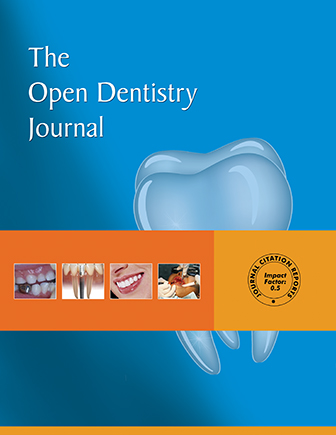Clinical Efficacy in Relieving Dentin Hypersensitivity of Nanohydroxyapatite-containing Cream: A Randomized Controlled Trial
Abstract
Objective:
The study aimed to investigate the effectiveness of Apadent Pro (Sangi) Nanohydroxyapatite (nHAP) dental cream to relieve Dentin Hypersensitivity (DHS), compared with a positive control cream containing 20% pure silica (Silica).
Methods:
In this double-blind, randomized, parallel-group clinical trial, patients diagnosed with DHS and qualified to participate were randomized into two groups, nHAP (n=25) and Silica (n=26). Subjects’ baseline and posttreatment sensitivity were assessed using two pain scales, a four-point Dental Pain Scale (DPS) followed by a linear Visual Analog Scale (VAS), after the application of ice-cold and air stimuli. Subjects used custom-fabricated trays to apply their respective cream for 5 minutes once daily following brushing with standard fluoride toothpaste. Posttreatment sensitivity (efficacy) was assessed every 2 weeks for 8 weeks. Mean treatment outcomes (percentage change from baseline) at each time point were compared using the Tukey HSD test for multiplicity (P<0.05).
Results:
With either air or cold stimulus, VAS and DPS indicated a significant (P<0.001) reduction in DHS at each time point with either nHAP or Silica. Comparing pain scales, VAS showed no significant difference in DHS reduction between the products with either air or cold. However, with DPS, DHS reduction was significantly (P<0.05) better with Silica than with nHAP at all time points with cold, and at 2, 4, and 8 weeks with air.
Conclusion:
Both Apadent Pro nHAP and Silica dental creams are effective at promoting the relief of DHS symptoms. When comparing the efficacy of the two compounds to relieve DHS, results of the two pain scales were conflicting.


